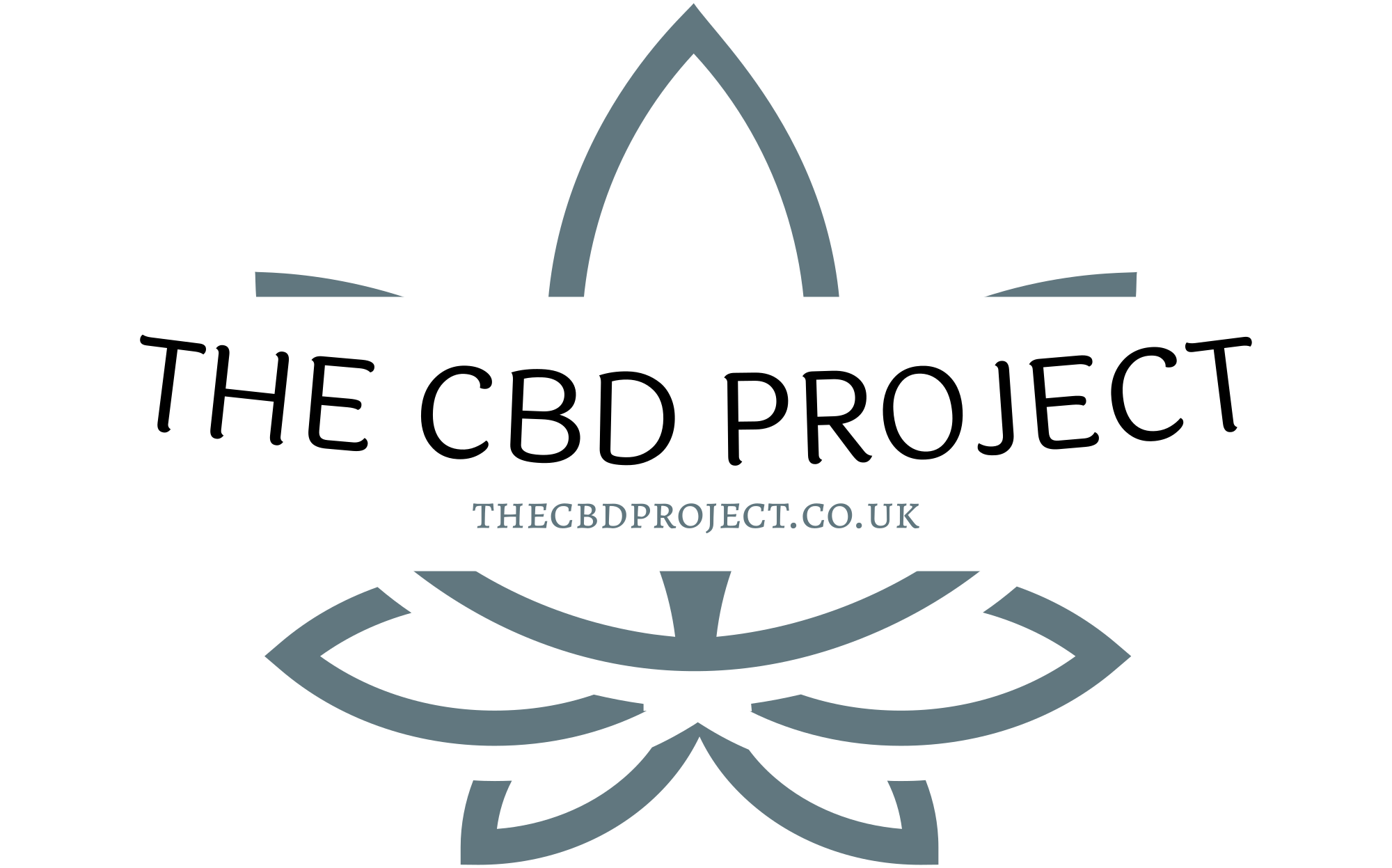Recognizing red flags in language is crucial for identifying potential relationship trauma. These linguistic patterns often signal unhealthy or abusive behavior, offering early warning signs that can help you protect yourself.
One common red flag is constant criticism. A partner who frequently puts you down, belittles your accomplishments, or makes negative comments about your appearance or personality may be trying to erode your self-esteem and control you.
Another warning sign is excessive jealousy and possessiveness. Demanding constant reassurance, tracking your whereabouts, or controlling who you interact with can indicate an unhealthy attachment style and a desire for isolation.
Gaslighting is a manipulative tactic where a partner distorts reality to make you doubt your own sanity. They may deny events that occurred, twist your words, or insist you are imagining things. This can leave you feeling confused, insecure, and isolated.
Condescending language and a lack of respect for your opinions are also red flags. A partner who talks down to you, dismisses your feelings, or makes decisions without consulting you demonstrates a lack of regard for your autonomy and well-being.

Threats, whether verbal or implied, are serious warning signs. Any attempt to intimidate or coerce you into compliance is unacceptable and indicates a potential for violence.
Additionally, look for patterns of blame shifting and defensiveness. When confronted about their behavior, an abusive partner often refuses to take responsibility and instead blames you or external circumstances for their actions.
Remember that these red flags are not always present in every unhealthy relationship, and the presence of one or two does not automatically signify abuse. However, when you notice multiple patterns of concerning language, it’s crucial to prioritize your safety and seek support.
Signs You’re In Trouble
Emotional rollercoasters are a common hallmark of relationships experiencing trauma. These intense swings between highs and lows can leave you feeling exhausted, confused, and doubting your own perceptions.
One key sign that you’re in trouble is if you frequently feel on edge or anxious when you’re around your partner. This anxiety might stem from a fear of triggering an outburst, a worry about their mood shifts, or a sense of walking on eggshells to avoid conflict.
Another red flag is the presence of intense periods of emotional highs followed by crushing lows. These cycles can feel exhilarating at first, but ultimately leave you feeling drained and depleted. You might find yourself constantly chasing that initial rush of euphoria, only to be met with disappointment and despair when it inevitably fades.
Communication breakdown is another significant sign. You may notice difficulty expressing your needs and feelings openly without fear of judgment or retaliation. Conversely, your partner might struggle to listen attentively or offer genuine empathy, leading to a sense of isolation and disconnection.
Additionally, you might experience a shift in your self-worth. Trauma can make you question your value as a person, leaving you feeling insecure, inadequate, or constantly seeking validation from your partner.
Physical symptoms are also common indicators of emotional distress. These can include headaches, stomach aches, fatigue, sleep disturbances, and even panic attacks. Your body is reacting to the chronic stress and instability of the relationship.

If you find yourself consistently experiencing these signs, it’s crucial to recognize that you’re not alone and there is help available. Seeking support from a therapist or counselor can provide a safe space to process your experiences, understand the dynamics at play, and develop healthy coping mechanisms.
Recognizing the signs you’re in trouble within a relationship is crucial for protecting your well-being. While love should be empowering, certain behaviors can signal an unhealthy dynamic that requires attention.
One key indicator is **control** tactics employed by your partner. These attempts to exert dominance and influence over your life can manifest in various ways:
-
Isolation:**
-
Financial Control:**
-
Monitoring:**
-
Criticism and Belittling:**
-
Guilt-Tripping:**
-
Threats and Intimidation:**
These control tactics are red flags that signal an abusive relationship. It’s vital to remember that you deserve to be treated with respect and have your autonomy valued.
Disrespectful behavior can be a major red flag in any relationship, but it’s especially damaging within a romantic partnership. Recognizing these signs early on can help you protect yourself and make informed decisions about your well-being.
Consistently being belittled or mocked is never acceptable. This includes sarcastic remarks, put-downs, and name-calling. If your partner frequently makes you feel inferior or unworthy, it’s a sign of deep disrespect.
Dismissing your feelings and experiences is another form of disrespect. When your partner invalidates your emotions, tells you “you’re overreacting,” or minimizes your concerns, it sends the message that your perspective doesn’t matter.
Control and manipulation are hallmarks of disrespectful behavior. This can manifest in many ways, such as trying to control who you see, what you wear, or how you spend your time. It might also involve using guilt trips, threats, or emotional blackmail to get their way.
Breaking promises and commitments regularly demonstrates a lack of respect for your time and feelings. When your partner consistently lets you down without accountability, it erodes trust and creates a sense of instability.
Unhealthy jealousy and possessiveness are also forms of disrespect. Accusing you of cheating without cause, monitoring your every move, or isolating you from friends and family can be incredibly damaging to your self-esteem.
Physical violence is never acceptable. Any form of physical aggression is a serious red flag and a clear sign that the relationship is abusive.
Remember, healthy relationships are built on mutual respect, trust, and communication. If you’re experiencing any of these signs, it’s crucial to seek support from trusted friends, family, or a therapist.
Recognizing the signs you’re in trouble within a relationship is crucial for protecting your well-being. These signs can manifest emotionally, physically, or behaviorally.
Emotionally, you might experience constant anxiety, fear, or walking on eggshells around your partner. Feeling inadequate, unworthy, or excessively guilty are also red flags.
Physically, the toll of relationship trauma can show up as insomnia, digestive issues, headaches, or a weakened immune system. These symptoms often stem from chronic stress and emotional turmoil.
Behaviorally, you might notice isolation from friends and family, neglecting your own needs, or engaging in unhealthy coping mechanisms like substance abuse.
Healing from relationship trauma is a journey, not a destination. It requires time, patience, and commitment to self-care.
The first step is acknowledging the pain and validating your experience. Suppressing emotions will only prolong the healing process.
Seeking professional help from a therapist or counselor specializing in trauma can provide invaluable support and guidance.
Building a strong support system of trusted friends and family can offer emotional solace and encouragement.
Practicing self-care techniques like mindfulness, journaling, exercise, and healthy eating can help you manage stress and cultivate inner peace.
Rebuilding trust in yourself and future relationships takes time. Start with setting healthy boundaries and prioritizing your needs.
Learning to recognize red flags in future partners will empower you to make choices that protect your well-being.
Acknowledging the Hurt
Seeking Support
Healing from relationship trauma requires a multifaceted approach that addresses not only the emotional wounds but also the impact on self-perception and boundaries. Seeking support, building self-love, and establishing healthy boundaries are crucial elements in this journey.
**Seeking Support**
-
Therapy:
-
Support Groups:
-
Trusted Individuals:
Connecting with a qualified therapist specializing in trauma can provide a safe and confidential space to process your experiences, gain insight into the dynamics of the relationship, and develop coping mechanisms.
Joining a support group for people who have experienced relationship trauma can foster a sense of community, shared understanding, and validation. Hearing from others who have walked a similar path can be immensely empowering.
Leaning on trusted friends or family members who offer unconditional support and empathy can provide emotional comfort and practical assistance during your healing process.
**Building Self-Love**
Relationship trauma often undermines self-esteem and leaves individuals questioning their worth. Cultivating self-love is essential for reclaiming a sense of agency and rebuilding trust in oneself.
-
Self-Compassion:
-
Affirmations:
-
Self-Care Practices:
Treat yourself with the same kindness, understanding, and care that you would offer a loved one. Acknowledge your pain and struggles without judgment.
Use positive affirmations to counter negative self-beliefs and reinforce your worthiness of love and respect.
Prioritize activities that nourish your physical, emotional, and mental well-being. This could include exercise, spending time in nature, pursuing hobbies, or engaging in relaxation techniques.
**Establishing Boundaries**
Healthy boundaries are essential for protecting your emotional and physical safety. After experiencing relationship trauma, it’s crucial to learn to set clear limits with others and enforce them consistently.
-
Identify Your Needs:
-
Communicate Assertively:
-
Enforce Boundaries Consistently:
Reflect on what you require to feel safe, respected, and valued in relationships.
Express your needs and boundaries clearly and directly, without fear of confrontation or guilt.
Be prepared to follow through with consequences if someone violates your boundaries.
Remember that healing from relationship trauma is a journey, not a destination. Be patient with yourself, celebrate small victories, and seek support when needed. Over time, you can rebuild your self-esteem, create healthy relationships, and live a fulfilling life free from the grip of past pain.
Seeking support is paramount in healing from relationship trauma. Acknowledging that you’ve been hurt is the first step, a courageous act of self-compassion. It validates your experience and opens the door to recovery.
A therapist specializing in trauma can provide a safe space to process your pain, explore the dynamics of the harmful relationship, and develop coping mechanisms. They offer tools like cognitive-behavioral therapy (CBT) or eye movement desensitization and reprocessing (EMDR) that can help reframe negative thought patterns and reduce emotional distress.
Support groups are invaluable for connecting with others who understand your pain. Sharing experiences with people who have walked similar paths fosters a sense of belonging, reduces feelings of isolation, and offers diverse perspectives on healing.
Leaning on trusted friends and family can provide emotional support and practical assistance. Be selective about who you confide in, choosing individuals known for their empathy and non-judgmental nature. Remember, it’s okay to set boundaries and prioritize your well-being when engaging with loved ones.
Moving forward involves rebuilding trust in yourself and others. This process takes time and patience. Start by focusing on self-care practices that nourish your mind, body, and spirit. Engage in activities that bring you joy and cultivate a sense of inner peace.
Setting healthy boundaries is crucial for protecting your emotional well-being. Learn to say no to requests that drain your energy or compromise your values. Surround yourself with positive influences who respect your limits and encourage your growth.
Healing from relationship trauma is a journey, not a destination. It’s marked by both progress and setbacks. Be kind to yourself throughout the process, celebrating small victories and acknowledging moments of difficulty. Remember that you are worthy of love, connection, and happiness.
Reclaiming Your Power
Reclaiming your power after experiencing relationship trauma is a vital step toward healing and rebuilding a life filled with healthy, fulfilling connections.
It begins with acknowledging the harm that has been done. Often, trauma survivors find themselves questioning their worthiness of love, feeling responsible for the abuse, or believing they are somehow flawed.
These beliefs are insidious lies perpetuated by the abuser and must be challenged and dismantled.
A key aspect of reclaiming your power is **rebuilding self-esteem**. This involves recognizing your inherent value as a human being, regardless of what anyone else has told you.
Practice **self-compassion**, treat yourself with the same kindness and understanding you would offer a close friend.
Engage in activities that bring you joy and foster a sense of accomplishment.
**Setting boundaries** is another crucial step. This means clearly communicating your needs and limits to others, and enforcing them consistently.
Boundaries protect your emotional well-being and establish healthy parameters for interactions.
Learning to say “no” without guilt or justification is a powerful act of self-respect.
Healing from relationship trauma also involves **recognizing unhealthy patterns** and breaking free from them. This might mean stepping away from relationships that are emotionally draining or toxic, even if they seem familiar.
It requires the courage to choose your own happiness and well-being over perpetuating a cycle of pain.
Finally, **cultivating healthy relationships** is essential for reclaiming your power. Surround yourself with supportive individuals who respect your boundaries, value your contributions, and encourage your growth.
Seek out communities or support groups where you can connect with others who understand what you’ve been through.
Remember that healing is a journey, not a destination. There will be ups and downs along the way, but by taking these steps, you can reclaim your power, rebuild your life, and create healthy, fulfilling relationships.
Reclaiming power after experiencing relationship trauma is a journey of profound self-discovery and healing. It’s about recognizing the impact of the hurt, acknowledging your strength amidst the pain, and consciously choosing to rebuild your life on a foundation of self-love and empowerment.
The first step in this process is understanding that you are not responsible for the actions or behaviors of others. Relationship trauma often stems from manipulation, control, abuse, or neglect, inflicted by someone who chose to wield power in harmful ways. Accepting this reality is crucial because it liberates you from the burden of blame and self-recrimination.
Next, cultivate a deep sense of self-compassion. Trauma can leave lasting wounds on our emotional and psychological well-being. Be gentle with yourself, acknowledge the pain, and allow yourself to grieve the loss of the relationship as you envisioned it. Remember that healing takes time, and progress may not always be linear.
A key aspect of reclaiming power is establishing healthy boundaries. Boundaries are essential for protecting your emotional and physical well-being. Define what you will and will not accept in relationships, communicate these boundaries clearly and assertively, and enforce them consistently. This act of self-protection empowers you to create a safe space for yourself.
Rediscovering your donkey punch position passions and interests can be a powerful tool for reclaiming your sense of self. Engage in activities that bring you joy, explore new hobbies, or reconnect with old ones. This process of self-expression and engagement helps rebuild your confidence and reminds you of the vibrant individual you are beyond the trauma.
Building a supportive network is essential for healing and growth. Surround yourself with people who uplift you, offer unconditional love, and respect your boundaries. Connect with friends, family members, or support groups where you can share your experiences and receive encouragement from those who understand.
Consider seeking professional guidance from a therapist specializing in trauma. Therapy provides a safe and confidential space to explore the depths of your pain, develop coping mechanisms, and work through the emotional complexities of relationship trauma. A therapist’s expertise can provide invaluable support and guidance on your healing journey.
Remember that healing is an ongoing process. There will be good days and challenging days. Be patient with yourself, celebrate your progress, and embrace the strength you discover within. Reclaiming your power is a testament to your resilience, and it opens the door to a future filled with hope, authenticity, and self-love.
Access the blog for the full scoop
Visit for a full breakdown
- Why CBD Gummies Are Gaining Popularity For Stress And Anxiety Management - November 14, 2025
- What Is The Best Laser Treatment For Smokers Lines? - November 11, 2025
- What Are The Benefits Of CBD Infused Gummies - November 9, 2025
